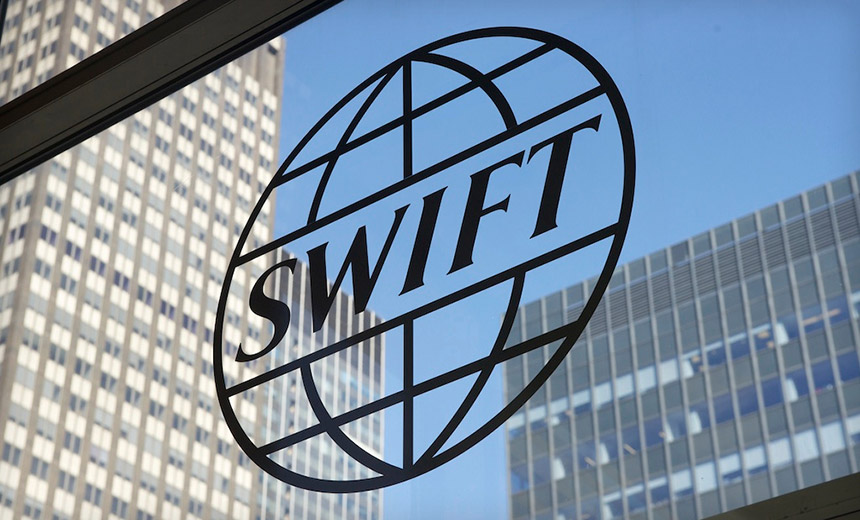Congressman Tom Emmer’s proposed bill, aimed at reducing surveillance through a central bank digital currency (CBDC), has received widespread support, with 75 cosponsors signing on.
The bill, which was first introduced in January 2022 and reintroduced in September 2023, emphasizes the importance of protecting Americans’ financial privacy in the digital currency landscape.
In the context of a potential CBDC in the United States, Emmer’s legislative effort places a strong emphasis on protecting individual privacy rights.
The bill addresses concerns about government surveillance of transactions, especially with the introduction of digital currencies. The proposed measures aim to strike a balance between technological advancement and financial privacy.
The bill’s central theme is a restriction on the Federal Reserve’s power, specifically its ability to provide services directly to individuals and the use of CBDCs for monetary policy.
Emmer believes that a CBDC controlled by the government should not be used to monitor or constrain financial activities.
The bill, which was reintroduced in Congress in September 2023, has made significant progress. On September 20, 2023, the House Financial Services Committee approved the bill, indicating a significant step forward in addressing the evolving landscape of digital currencies and their potential impact on individual privacy.
Emmer’s concerns distinguish between decentralized cryptocurrencies driven by private entities and CBDCs controlled by the government.
The latter raises concerns about increased government scrutiny and control over financial transactions, necessitating a nuanced legislative response.
As the bill gains traction, it reflects a growing understanding among lawmakers of the complex relationship between CBDCs, financial privacy, and government oversight.
The ongoing debate highlights the importance of striking a delicate balance between embracing technological progress and protecting individuals’ fundamental rights in the realm of digital finance.



